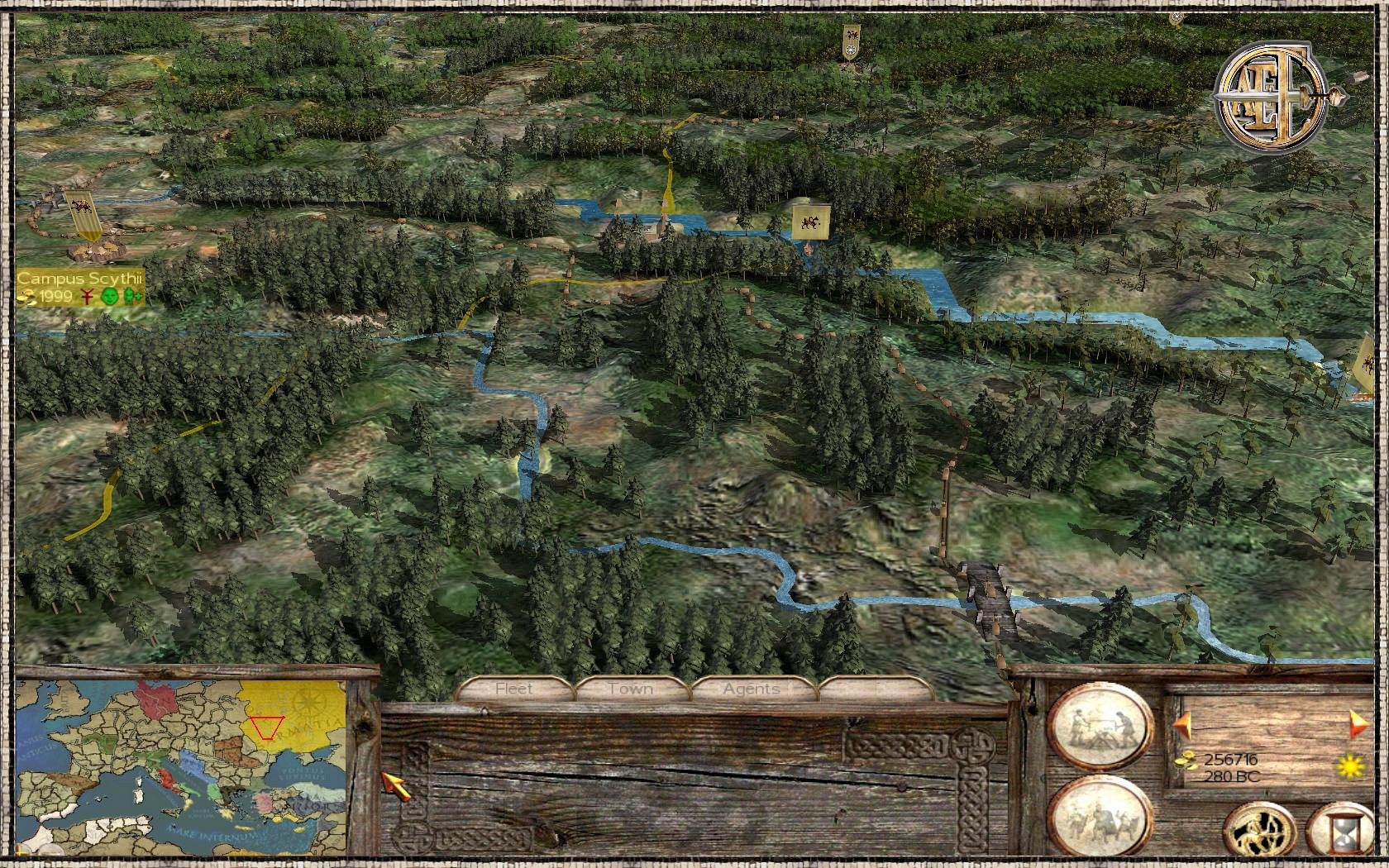
Historical information in them is often mixed with tales drawn from folklore and learned constructs of historians, so that use of such sources required critical analysis. Greek sources, especially those concerned with the 7th and 6th centuries BCE, are not always reliable. The first group only relates to the earliest period of Scythian history-the 7th century BCE, while the second covers the whole of it. The history of the Scythians is known to us from two groups of sources, which are independent from each other-Akkadian cuneiform texts and Graeco-Roman sources. The Scythian ethnonym has been recorded in the same dialect form in the names of Scythian kings Skýlēs (Hdt., 4.78-80), Scolopitus (Just., Epit. 72-84, on the problems connected with this suffix). The last element of the word, -τοι, can represent the plural suffix *- tæ (* š/skuδa-tæ > * š/skula-tæ > Skolotoi), which is common in Northeastern Iranian languages (cf. 65-66 with references to previous publications).

The name Skolotoi is usually interpreted as a dialect form of the same name with the transition δ > l, which has been recorded in other Scythian words as well and also in certain other Eastern Iranian languages, even if this interpretation causes some difficulties (Ivantchik, 2009, pp. Herodotus also cites the form Skolotoi (4.6) as the self-designation of the Scythians, as opposed to the name that the Greeks used for them: Skýthai. The first vowel in the Semitic form is prosthetic making it possible to avoid a consonant cluster at the beginning. Comparison of the Greek and the Semitic renderings makes it possible to establish the initial form of the ethnonym as * škuδa- or * skuδa-, with a voiced interdental rendered by a Greek theta and a Semitic z. 185-86, 212-16, 218-221, 224-26 with references to previous publications) and in the Bible in the form šknz (an early corruption from ʾ škwz: Gen.

The name is also attested in Akkadian texts: Áš-gu-za-a-a, Iš-ku-za(-a-a) (for sources, see Ivantchik, 1966, pp. The name.The English form Scythian is ultimately derived from Greek Skýthai via Latin Scythai. This entry is divided into the following sections: OF THE IRANIAN TRIBES ON THE PONTIC STEPPES AND IN THE CAUCASUS APARNA APASIACAE CIMMERIANS DAHAE MASSAGETAE SARMATIANS SCYTHIAN LANGUAGE.

For related groups in Central Asia and India, see SAKAS IN AFGHANISTAN and INDO-SCYTHIAN DYNASTY. SCYTHIANS, a nomadic people of Iranian origin who flourished in the steppe lands north of the Black Sea during the 7th-4th centuries BCE ( Figure 1).


 0 kommentar(er)
0 kommentar(er)
